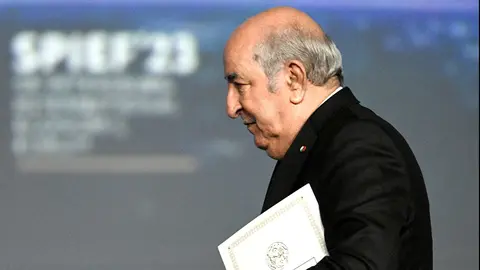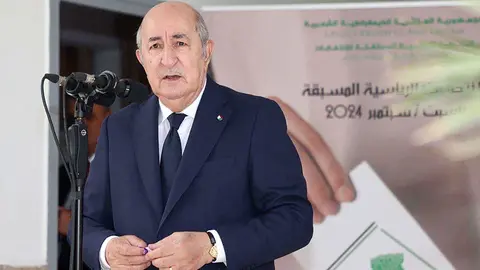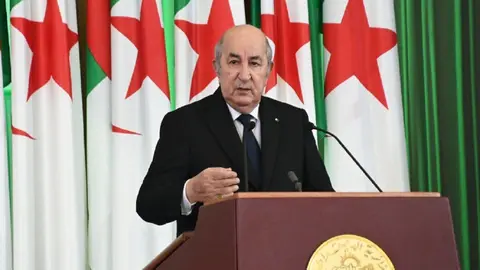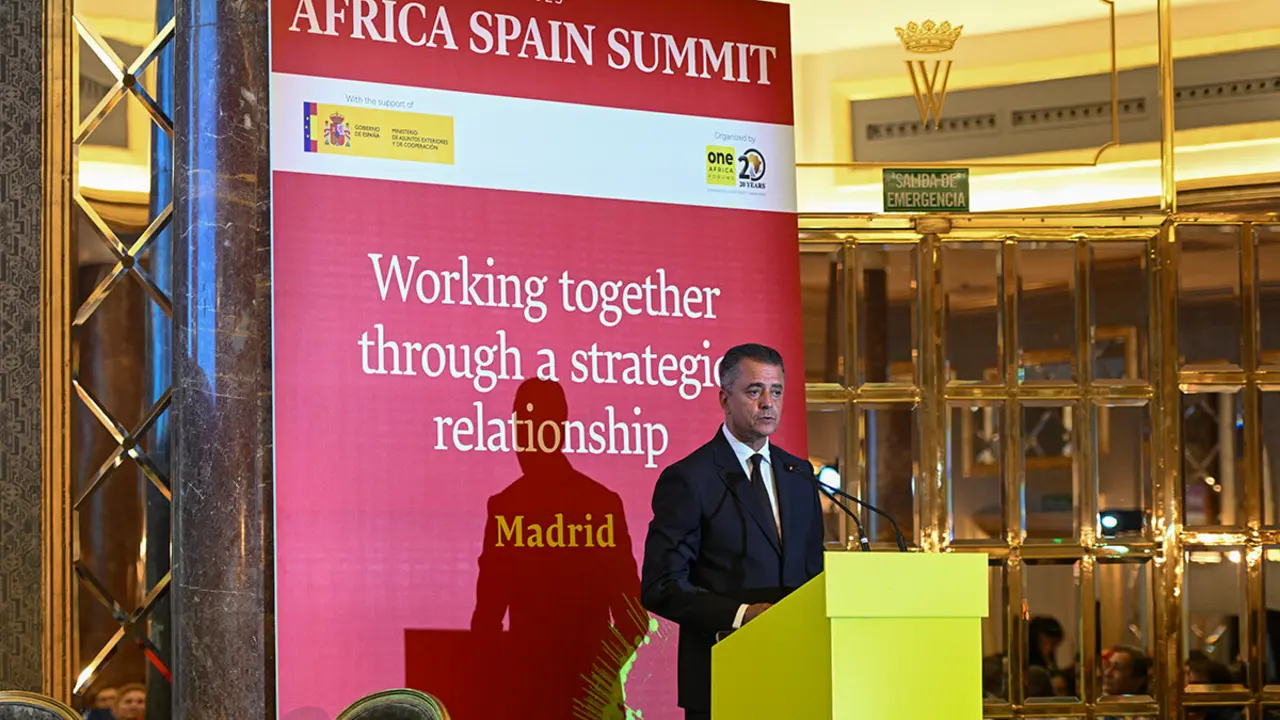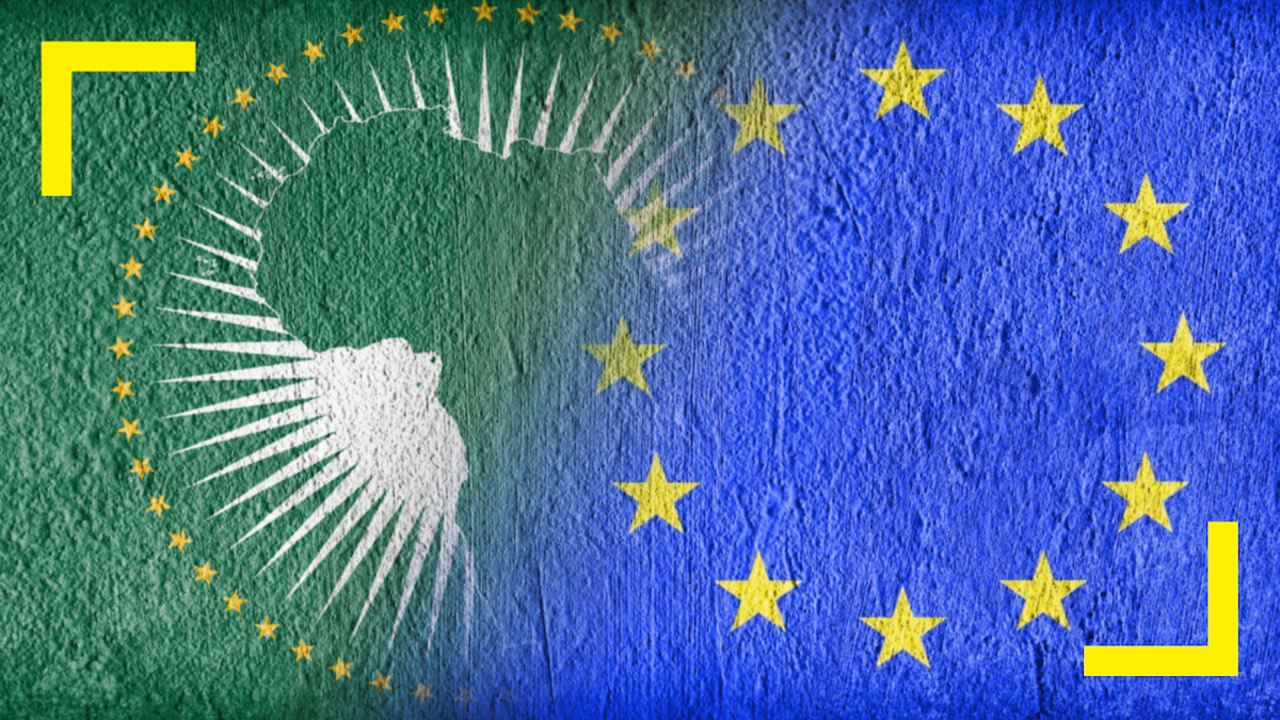Algerian Minister of Communication denounces international media campaign against his country

The Algerian Minister of Communication, Mohamed Meziane, has made controversial statements in which he censures freedom of expression, claiming, without providing evidence, that there is an army of more than 9,000 journalists around the world who dedicate their work to tarnishing Algeria's image, both inside and outside the country.
The minister's comments have once again unleashed strong criticism of the regime of Abdelmadjid Tebboune, the president of Algeria.
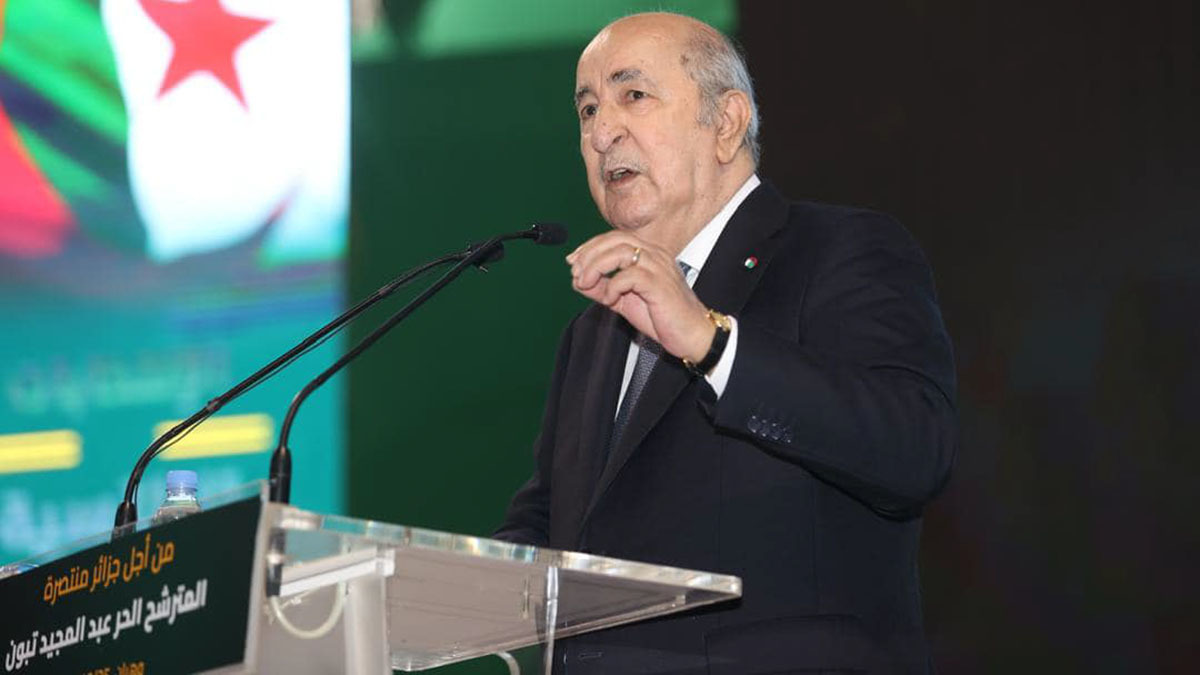
Meziane's speech follows the Algerian government's usual tendency to blame external factors for the government's lack of credibility and results, rather than engaging in self-criticism and recognising the internal differences that exist within the administration. In addition, the minister was particularly critical of the role of the French press, deepening the confrontation with the French government, with which Tebboune's administration has broken off diplomatic relations.
This new controversy comes a week after the Algerian president, Tebboune, dismissed two of his ministers without offering any explanation: the Minister of Finance, Lamine Faid; and the Minister Delegate to the Minister of Industry, in charge of pharmaceutical production, Fouad Haji.
Now, the Minister of Communication has once again placed the Algerian government at the centre of the controversy.
Media fatigue
The independent press has questioned the government's responsibility in the media crisis. In the words of the Algerian journalist Ahmida Al-Ayashi, ‘the real question is not about the 9,000 journalists working against us, but rather what have we done to have a professional, strong, diverse and pluralistic press?'
Along the same lines, Mohamed Iwanogan, another Algerian journalist, stated that ‘when the Minister of Communication announces that 9,000 journalists around the world are working to distort the image of Algeria, this does not mean that Algeria is right and the world is wrong, or that Algeria is the country that everyone envies’.

This reaction from some of the most prestigious and influential journalists suggests that the problem lies in the government's intention to control the press, in what they have identified as a frontal attack on freedom of expression.
A theory that Najib Belhimer, an Algerian journalist, also supports. ‘The statement by the Minister of Communication about the presence of 9,000 journalists around the world working to distort the image of Algeria is a significant contribution to the distortion of Algeria's image that may exceed anything that those 9,000 journalists could do, if they existed,’ he said.
What the Algerian press criticises is the minister's lack of substance in the absence of a clear strategy to improve the country's international reputation. For many communicators, these statements have been seen as counterproductive, as they have only triggered criticism and increased the evidence that has existed since Tebboune's rise to power about the shortcomings of government communication.
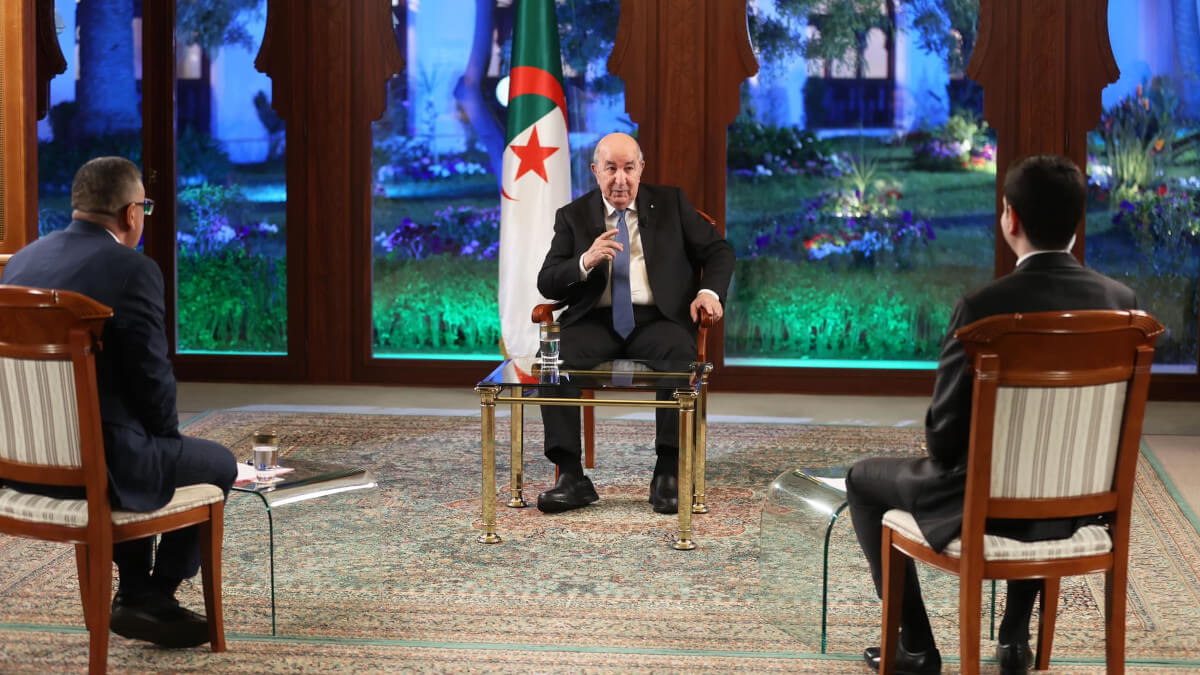
Media Law of 2012
The reform of the Media Law of 2012 brought about major changes in terms of sanctions, especially with the abolition of prison sentences for journalists, which undoubtedly marked a great step forward towards the protection of freedom of expression and of the press.
However, this proposal increased fines to such an extent that many media outlets had to censor some of their information for fear of not being able to afford these sanctions.
With regard to state control, the law theoretically ensures that national rights and values are respected, so the editorial freedom of the media and the influence of the government is still latent in the newsrooms of both public and private media. So much so that the law also establishes regulations and restrictions on international media operating within Algerian territory.
Despite the fact that the press has undergone reforms that, on the surface, were positive, the Executive continues to limit the freedom of the Algerian media to a large extent through the use of restrictive practices, especially the imposition of very high fines that, for most media, are impossible to pay.
This is one of the main criticisms of journalists, who claim that the government contradicts itself, since the reforms and their supposed intentions do not match the reality of a country in which press censorship is imposed.

